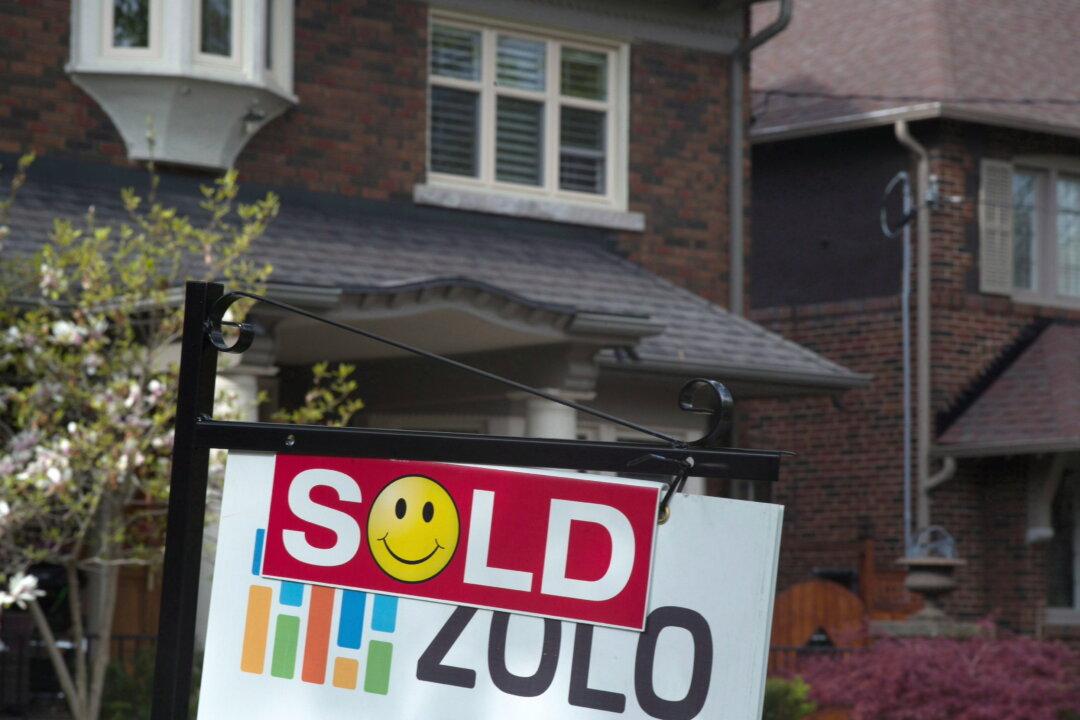Canada’s red-hot housing market is once again drawing calls for actions to cool it off lest the “bubble” bursts and creates grief across the economy. But given the extraordinary federal pandemic support and the Bank of Canada lowering interest rates to near zero to prevent a deep recession, a worrisome rise in house prices driven by a surge in demand was widely predicted.
The number one problem plaguing the housing market from a long-term perspective is inadequate supply to meet the demand, says Benjamin Tal, CIBC’s deputy chief economist.
“The reality is … we’re fighting supply issues with demand tools,” Tal told The Epoch Times, adding that some of the measures being discussed can only affect the dynamic at the margin.
In the short term, the most promising tool for cooling the frenzy, he says, is the mortgage stress test for uninsured mortgages—where the down payment is more than 20 percent. He’s not pushing policy-makers for additional measures, such as taxing capital gains for speculative investment, as some others are suggesting.
One problem with introducing new regulations, Tal said, is that it could be harder to remove them at a later date.
And if any new measures were to be introduced, they’d be dampening what he sees as a somewhat temporary situation, where historically low interest rates, which people are desperate to take advantage of, are pulling future demand into the present.
“In many ways, we are borrowing activity from the future,” he said.
Tal hinted at a natural cooling off once this phenomenon eventually runs out.
Stress Test Tweaked
An additional worry for policy-makers in times of rapidly increasing home prices and sales is speculative investment—a phenomenon that isn’t as much of a concern today as it was in 2016–17.
Former Bank of Canada governor Stephen Poloz said in a March 18 interview with BNN Bloomberg that the side effect of a hot housing market is an acceptable trade-off to prevent greater economic damage during the pandemic.
He said there could be signs of speculation but “we have to accept that because otherwise we would have a really, really bad recession.”
A slew of measures were introduced in late 2016 and early 2017, mainly to cool markets in Toronto and Vancouver, such as foreign buyers taxes, speculation and vacancy taxes, and Ontario’s Fair Housing Plan.





